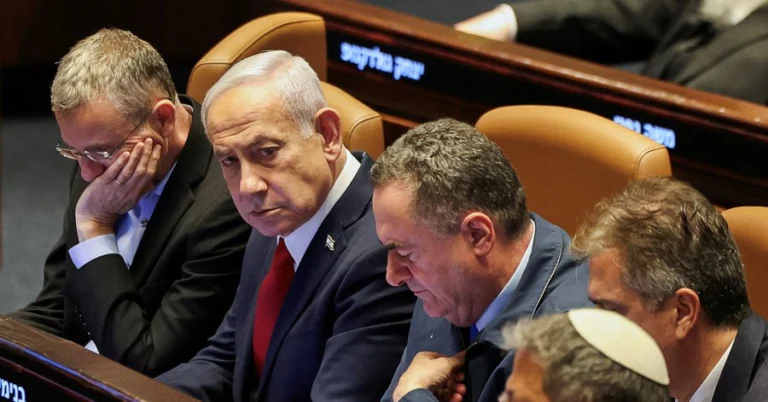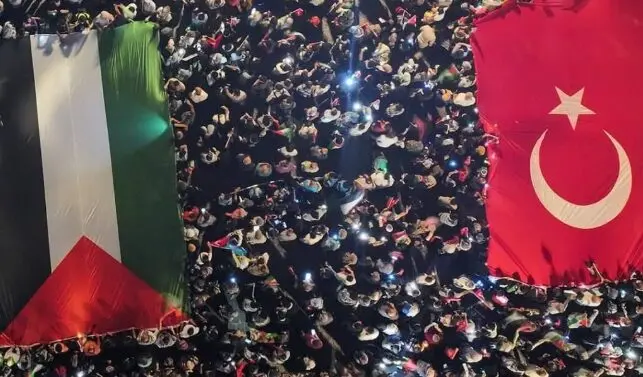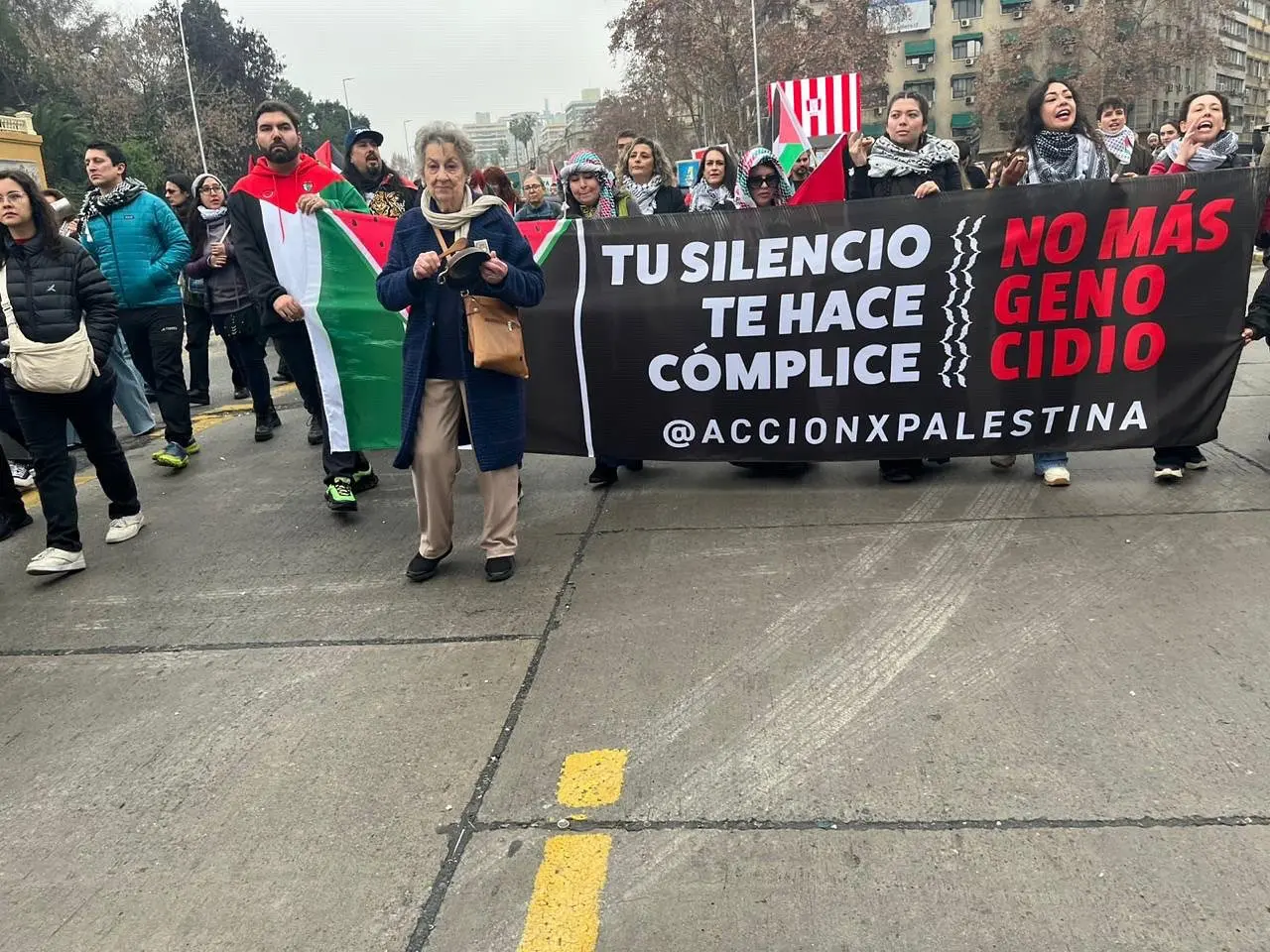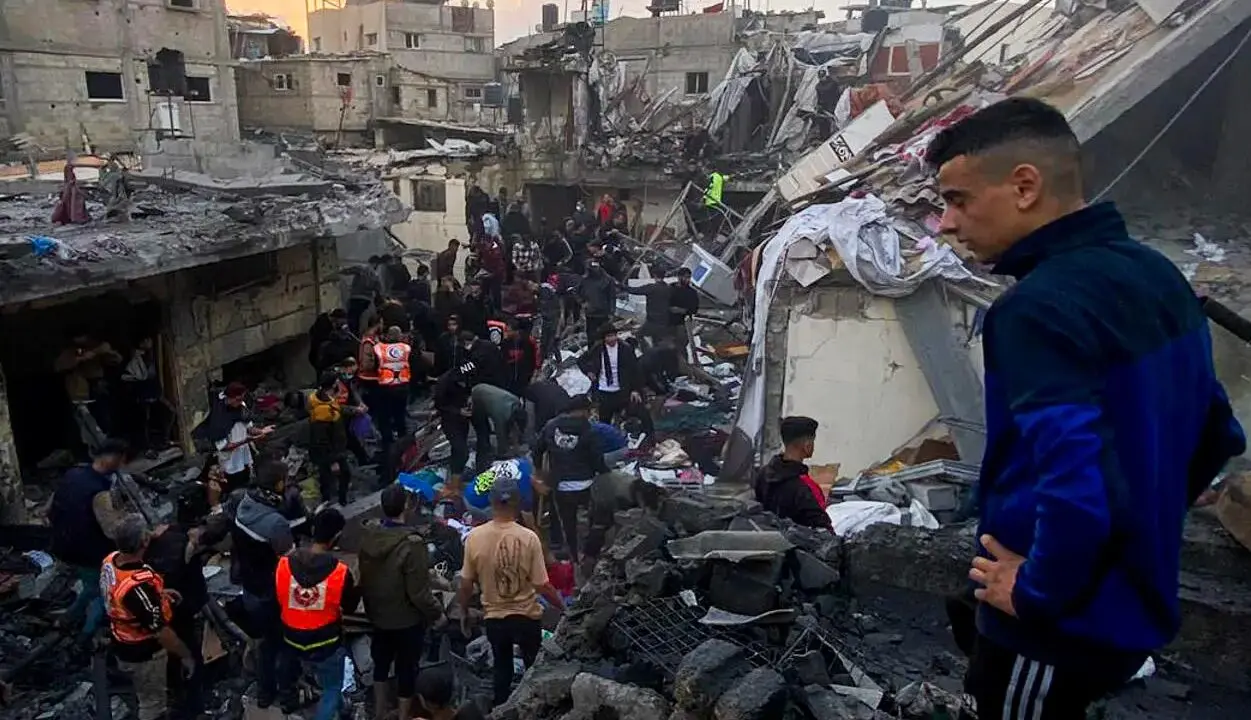Israel Moves to Seize Gaza City as Cabinet Approves Expanded Military Operation
Israel’s cabinet has authorized a military plan to seize Gaza City, intensifying its campaign as diplomatic efforts and humanitarian conditions deteriorate.

Israeli military forces are set to expand operations into Gaza City following cabinet approval of a new offensive plan. Photo: @Reuters
August 8, 2025 Hour: 6:44 am
Israel’s security cabinet has approved a plan to take control of Gaza City, escalating its nearly two-year military campaign in the besieged enclave amid mounting international condemnation and deepening political tensions at home.
RELATED:
Deadly Aid-Seeking Turns Tragic in Gaza
In a statement issued Friday, Prime Minister Benjamin Netanyahu’s office confirmed that the Israel Defense Forces (IDF) will move to take control of Gaza City while “providing humanitarian aid to the civilian population outside the combat zones.” The announcement follows Netanyahu’s public declaration a day earlier that Israel intends to establish military control over the entire Gaza Strip.
The approved plan focuses on Gaza City—the largest urban center in the northern part of the territory—which remains outside Israeli control. Citing an Israeli official, Axios reporter Barak Ravid stated that the operation would involve evacuating civilians and launching a ground offensive in the area.
Netanyahu, speaking to Fox News, emphasized that Israel has no intention of maintaining long-term governance in Gaza. “We don’t want to keep it. We want to have a security perimeter. We don’t want to govern it,” he said, adding that Arab forces could be tasked with administering the territory. He did not identify which countries might participate or clarify how such an arrangement would be implemented.
The security cabinet’s decision must still be ratified by the full cabinet, which is not expected to meet before Sunday. Internal divisions appear to persist. According to government sources, recent discussions between the political leadership and military chief Eyal Zamir were marked by disagreement over the scope of the campaign. One official, speaking on condition of anonymity, said a phased approach to territorial takeover—including advance evacuation warnings—was under consideration.
The statement from Netanyahu’s office asserted that most cabinet members believed an alternative plan under discussion would fail to defeat Hamas or secure the release of Israeli hostages.
The move signals a shift from Israel’s 2005 disengagement from Gaza, when it withdrew its military and settlers but retained control over borders, airspace, and infrastructure. Right-wing factions have long blamed that decision for Hamas’s rise to power following the group’s victory in the 2006 elections.
Hamas condemned the plan, describing Netanyahu’s remarks as “a blatant coup” against negotiations. “Netanyahu’s plans to expand the aggression confirm beyond any doubt that he seeks to get rid of his captives and sacrifice them,” the group said.
The prospect of an expanded Israeli military presence in areas still outside its control has alarmed observers domestically and abroad. The United Nations described the reports as “deeply alarming,” while far-right members of Netanyahu’s coalition have continued to push for a broader offensive despite growing global criticism.
Arab governments have reiterated their opposition to any externally imposed solution. A Jordanian official told Reuters that Arab states would only support arrangements agreed upon by Palestinians, stressing that Gaza’s security should be handled by “legitimate Palestinian institutions.” Hamas has warned that any force installed to govern Gaza would be considered an occupying power linked to Israel.
Earlier this year, Israel and the United States rejected a proposal supported by Egypt and other Arab states that called for a temporary administrative body led by independent Palestinian technocrats to govern Gaza after the war.
Israel has maintained that the war’s objectives remain the dismantling of Hamas and the return of hostages. Of the 50 hostages still held in Gaza, Israeli authorities believe 20 remain alive. Most of those released so far were freed through diplomatic negotiations. Talks collapsed in July, though Hamas has reportedly informed Arab mediators that increasing humanitarian aid could revive ceasefire discussions.
Meanwhile, public pressure continues to grow. Recent footage showing visibly emaciated hostages and images of malnourished children in Gaza have intensified scrutiny of the humanitarian toll of the war. Opinion polls indicate that most Israelis favor a negotiated resolution that would secure the release of the remaining captives.
The White House has not commented on Israel’s plans. U.S. President Donald Trump has also declined to take a position on whether he supports a full Israeli military takeover of Gaza.
As the war approaches its second year, Israel’s approval of a plan to seize Gaza City marks a significant escalation with far-reaching consequences. humanitarian conditions deteriorating and political solutions stalled, the question of who will govern Gaza—and at what cost—remains unresolved.
Author: MK
Source: Reuters






